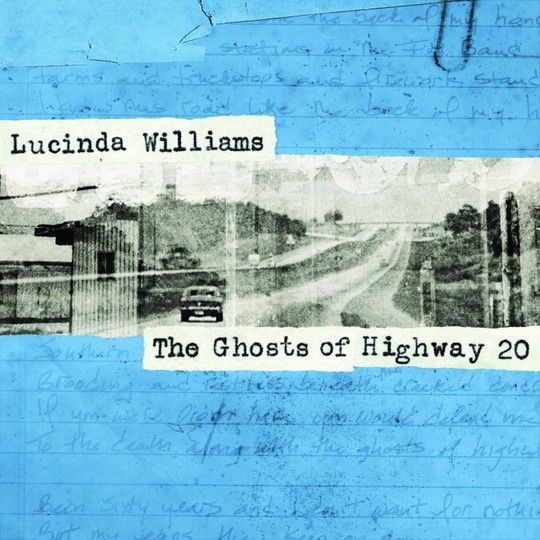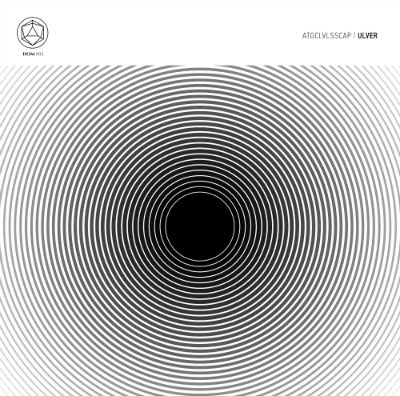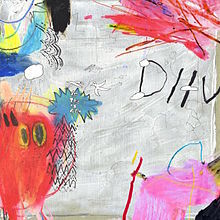'I am a bit of a hick. My poetry shows it, and I like that fact. I enjoy Mozart and country music.' That was the assessment of Miller Williams when asked why he didn’t move from the Arkansas hills to one of the big cities, cultural epicentres and fully adopt a lifestyle more befitting of an esteemed poet and academic.
That contrast between high-brow intellect and back country roots is something his daughter Lucinda Williams has always seemed to revel in too. As a young singer songwriter she naturally shared her father’s elegant way with words, but was deemed too ragged and weird for the kitsch glitz of Nashville, and instead cut her teeth in the spit and sawdust bars of Austin under the watching eyes of Townes van Zandt, Blaze Foley and Steve Earle.
She would eventually find unlikely support from Rough Trade Records, before Rick Rubin produced her landmark, Grammy-winning album Car Wheels on a Gravel Road (1992) and set her on the way to becoming a hugely respected voice of alternative Americana. Her roots have never left her though, and the interstate section along which Williams first drifted from her home in Louisiana, becomes the backdrop for new album The Ghosts of Highway 20.
The story goes that whilst recently travelling along that highway, every turn-off and truck-stop sparked a memory, story and emotion that became the basis for the record. It’s a personal journey, typically heavy on despair and loss, but more sentimental and reflective than we’re used to hearing from her. “I know this road like the back of my hand” she laments on the album’s title track, “Every exit leaves a little death.”
One of the ghosts haunting the trip is her father, who passed away in 2014. Miller Williams’s poetry was so revered that he gave a reading during the second inauguration of President Bill Clinton, and he was always a close confidante of Lucinda. It’s his poem 'Dust' that opens the record, adapted into a sprawling set piece that rings sparse and graceful in its melancholy.
Recently discovered Woody Guthrie lyrics, continue the brooding, scarred atmosphere on 'House of Earth', but we quickly drift off the beaten track into dark, smoochy slow jams as Williams becomes a spot-lit crooner pouring out her woes to one lost drunk at the bar. “I know about pain, and all that jazz,” she purrs, gruff and slurry, as we sob into the bottom of a glass.
One of the great charms of Williams in the past has been her willingness to let loose and unleash torrents of raging, muddled bitterness. The heart-on-sleeve purging is done in a more intricate and delicate way here. Instead of being in the eye of the storm, battling it out with her, you become the shoulder to cry on as she lays it heavy and deep.
There are lighter moments of hope and resilience on the twanging gospel boogie 'Doors of Heaven', and the 12-minute closer 'Faith and Grace' turns into a dead-of-the-night, swampy soul groove full of calls to God and whispered prayers. 'If My Love Could Kill' also deals in dramatic, dark romance and doomed guitar noodles, and could be Williams best shot at a Bond theme.
By the end of it all a deep breath and stiff drink are in order. You get the feeling that the exorcism isn’t completely over, but it’s been an intense therapy session in which she has confronted some long-held issues. Her lazy, beaten drawl is an acquired taste, and she wears her scars and bruises for all to see, but Lucinda Williams’ tear-stained tales are so vivid and evocative it’s hard not be haunted.
-
7Kevin Irwin's Score






















